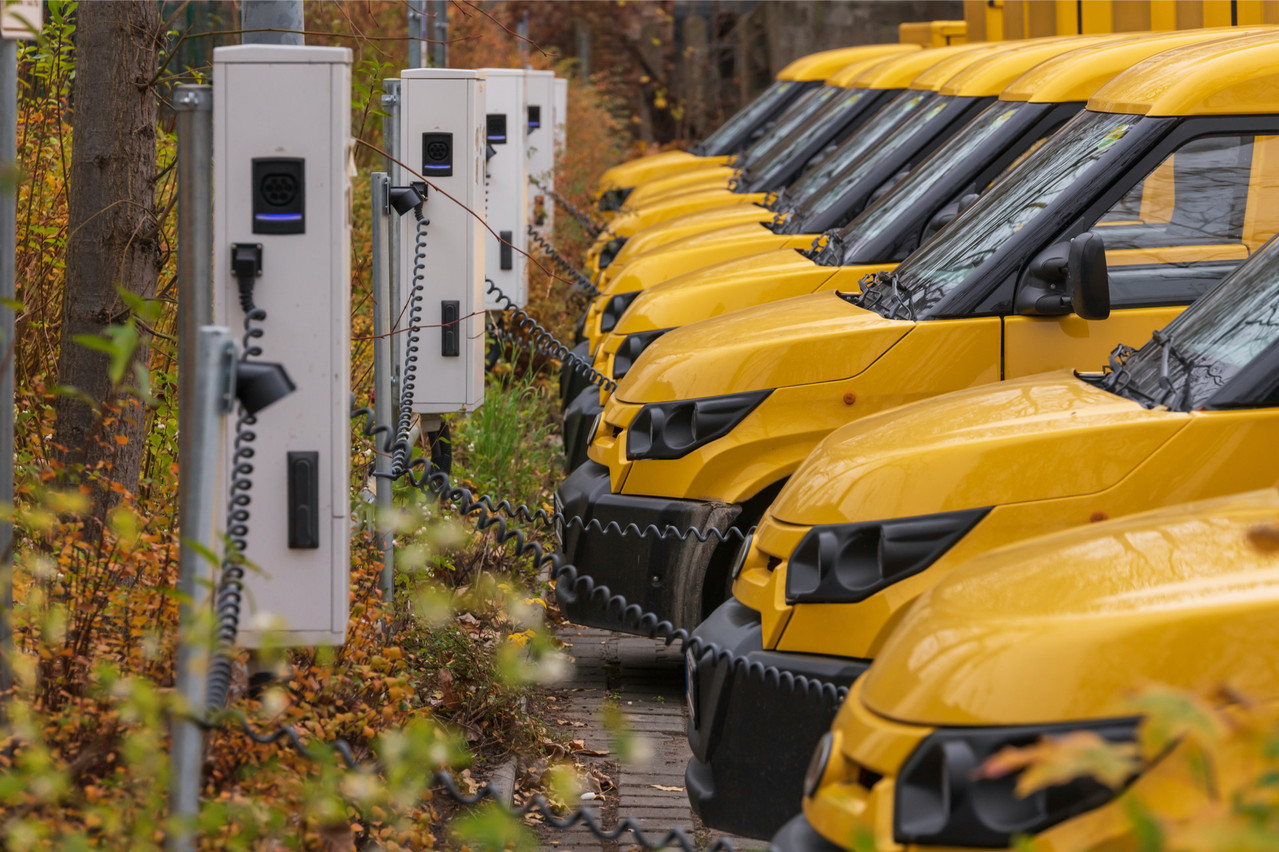And, to top it all off, the cost of last-mile transport is generally the highest for logistics companies.
The problem is not just in Paris. It is present in all the major cities and countries where e-commerce is constantly growing in volume, including Luxembourg. Although it does not have precise data for the Grand Duchy, the Ministry of the Economy has highlighted the problem in its plan "Our economy for tomorrow" in the first key component of this roadmap presented recently.
Relying on technology
Minister (LSAP) and his teams stress the need to accelerate the digitalisation of the economy for the benefit of society. While the most prominent example in recent months is the use of communication platforms to enable teleworking, the issue of last-mile delivery is addressed. "The end of the crisis will require a more in-depth reflection on how to digitally optimise last-mile delivery in urban areas. The Ministry of the Economy will study the possibilities for optimising last-mile delivery in urban areas, taking advantage of new transport sharing technologies, particularly with a view to reducing emissions and resource consumption," the ministry said in its roadmap presentation.
"It's an interesting subject, and we can see the nuisance of last-mile delivery every day," says a professional in the sector who wants to remain discreet.
A city that is too unstable
François Remogna, , is more pragmatic on the subject and stresses that the problem is not technological. "The last kilometre in the city centre has become increasingly difficult. This is also the case for the entire capital. The reasons are that there are not enough delivery spaces in the city, or they are occupied by vehicles that should not be there. This forces my drivers to double queue. In addition to the inconvenience, the drivers are fined when they have no other choice," explains the DHL Express director. The problem has already been discussed with the authorities and the City of Luxembourg, but for the time being there seems to be no solution.
"We have the means to set up mapping solutions to optimise journeys. But the city is not stable enough, because of the many construction sites. Delivery locations change, as do street directions and available pavements. So, as long as the city is not stable in this respect, I cannot implement solutions", says François Remogna.
Another inconsistency in the city centre is regulatory accessibility. From 10am, transporters can no longer access the city centre. However, several shops only open at 10am. "We can talk about technology and digitisation, but the problems are sometimes the opposite. There are shops that have tracking systems and open before 10am to receive goods, but often the shops don't know when the goods are going to arrive, don't have tracking systems, and therefore they don't open before 10am," says François Remogna.
As for the alternatives and innovations being tested all over Europe, such as delivery by cargo bike or mobile warehouses, François Remogna remains cautious about the reality on the ground. "There are alternatives for small parcels. We can even imagine delivery by drone. But that will always be impossible for large volumes. And the volumes are always larger," stresses François Remogna, who has already invested in a solution with a cargo bike or electric scooters.
An electric last mile
As for the pollution caused by this famous last kilometre, DHL Express is in the process of electrifying its fleet. In September, the carrier will welcome eight 100% electric vans in Luxembourg. "The aim is to be able to deliver the capital only with electric vehicles. Within two to three years, the entire fleet will be electrified, i.e. 25 vans. The objective is to deliver throughout the country with a fleet that is entirely electric," said François Remogna. This change of direction will entail a substantial investment, but above all a technical overhaul of the company's sites, which must be equipped with recharging stations, in addition to an appropriate electrical installation.
Another alternative: delivery stations. This is the strategy adopted, not to say locked in, by Post Luxembourg, which has deployed 110 PackUp stations accessible 24 hours a day throughout the country. The same goes for home deliveries, where Post, in partnership with Michel Greco, is happily covering the market.
As regards the electrification of its fleet, in 2019, 30% of postmen's rounds were made on foot or with an electric vehicle.
As a reminder, in 2020, Post handled 14 million parcels. Thus, some 56,000 parcels were handled by Post on average each day during the year. On some days, this figure even reached 130,000 units, the group said.
